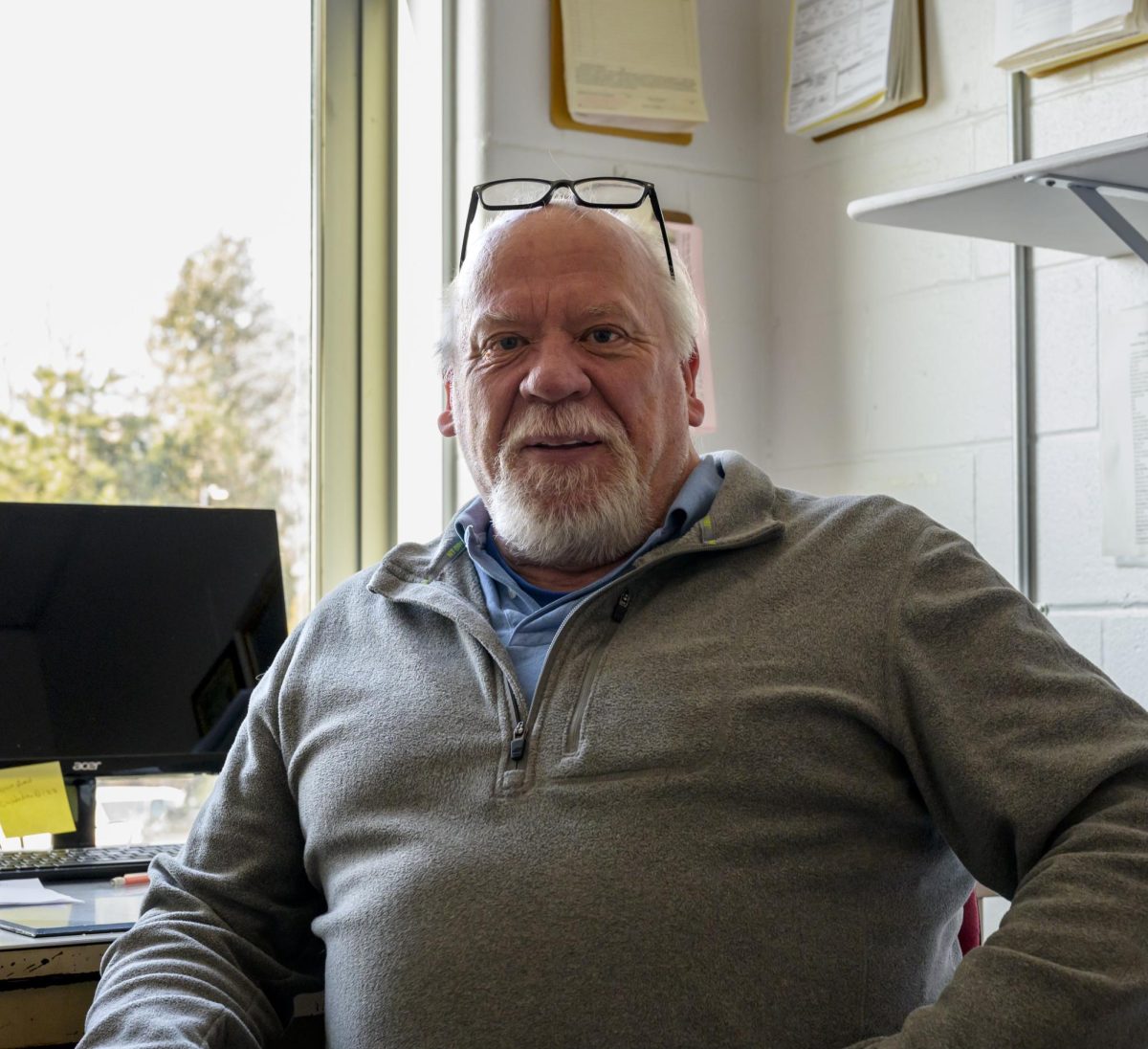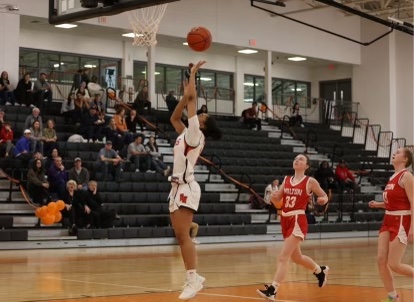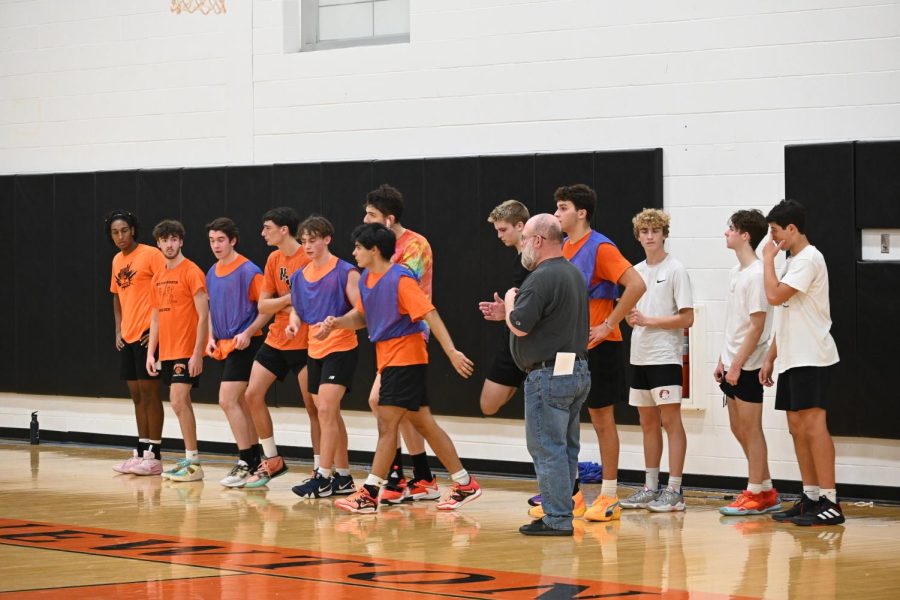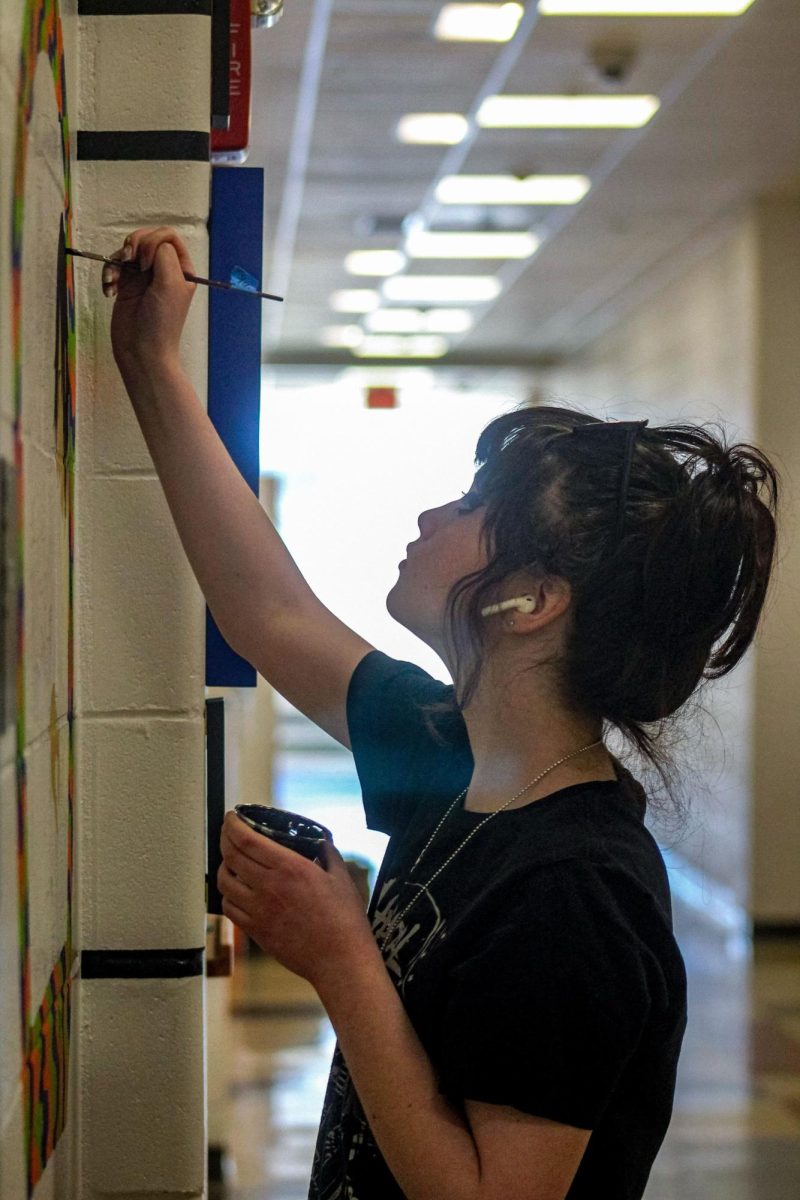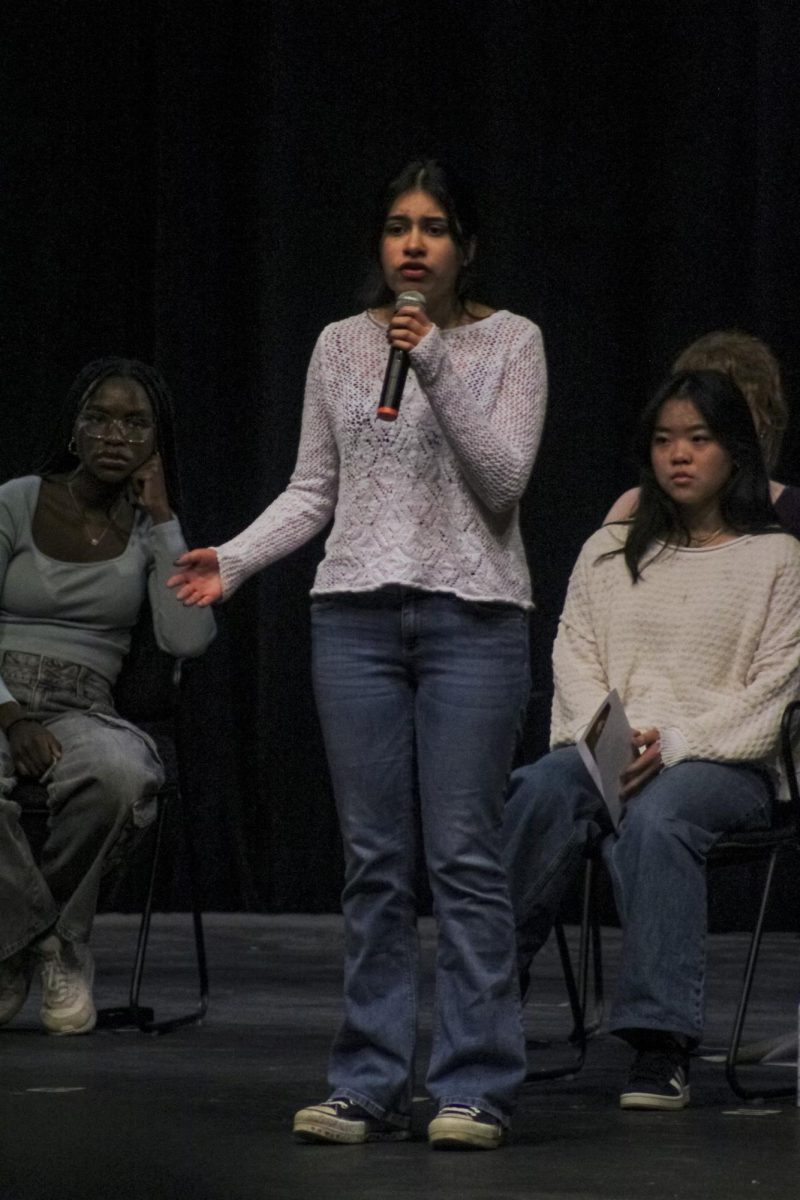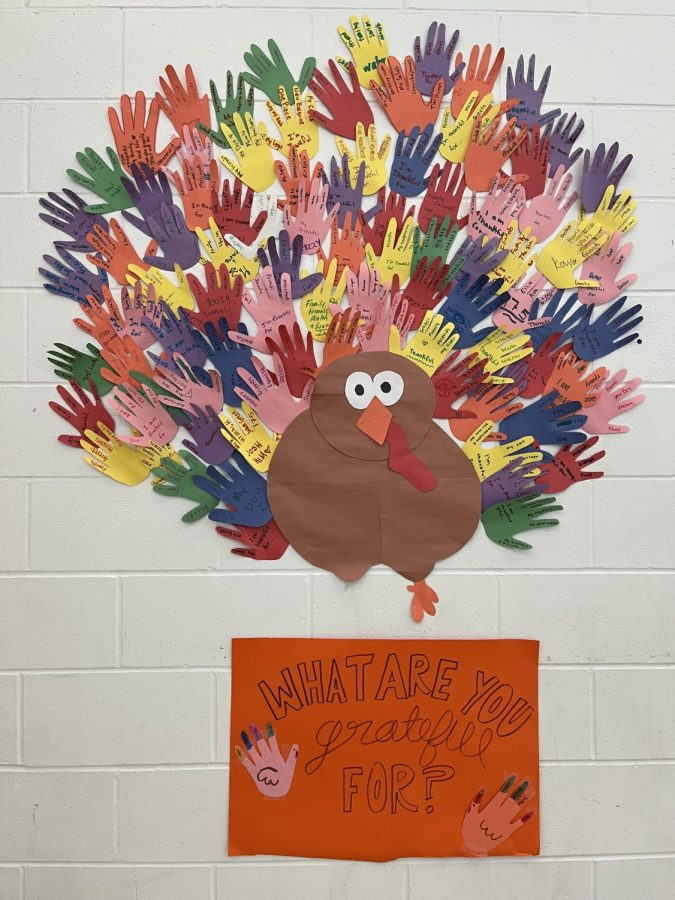by Jacob Sims Speyer
Most juniors participated in an add-on to the Signs of Suicide (SOS) program in their English classes between Nov. 12 and Nov. 19. The addition, known as a booster program, is part of the larger-scale rolling out of the SOS program over the last three years.
The district implemented the booster, which featured a video and a screening form, as part of an effort to increase mental health awareness and outreach in response to a multiple student suicides two years ago. However, the booster will not replace the original SOS content, which will be presented to freshman during the Health and Sexuality class.
Content in the add-on focuses on treatment, according to guidance department head Beth Swederskas. Additionally, the video presents strategies in identifying depression.
According to guidance counselor Matthew Ford, one of the improvements made to the booster included more realistic role-playing situations in the video. “Most of the conversations and discussions after the [original] video included some aspect of kids saying ,‘we really like hearing from the real life people, but the roleplaying was a little cheesy,’” said Ford.
A single roleplay is included in the new video, which is “done really well,” according to Ford. “It’s not overly done, and it’s really well acted.” Additionally, the video features people discussing their real encounters with depression. “People can relate better to people who aren’t acting and pretending to go through something,” Ford said.
After the video, most students participated in an optional suicide screening form, which determined if students were at risk of depression based on their responses. The screening form was also implemented in the original SOS program, which was administered to all students. According to Swederskas, “we feel it has been successful. Even if it is one student who we can help save a life, it’s worth every single bit.” An estimate of 10% to 20% of students who were screened in the initial program received additional consultation, which fell within the guidance department’s prediction of students who would need a follow-up.
By going forward with the SOS program, Swederskas hopes that students will become increasingly aware of signs of depression. “Between depression, anxiety, and suicide, we want awareness that it is going to be seen as a strength and not a weakness,” she said.
Breaking News
- February 1Foreign exchange program departures set to proceed on schedule amid teacher strike
- February 1Teacher strike reaches two full weeks as contract negotiations continue to progress
- January 31Newton parent files lawsuit against NTA amid prolonged strike
- January 31Committee anticipates new union proposal on thirteenth day of strike
- January 30Rejected contract proposals prolong negotiations amid ongoing teacher strike
- January 28School days in jeopardy as contract negotiations continue, NTA compromise package awaits approval
- January 25Teachers strike marks seventh day with progress in ongoing negotiations
- January 25Controversy surrounds NPS instagram posts criticizing teachers’ strike
- January 25Congresswoman Ayanna Pressley supports Newton Teachers Association in urgent call for education funding
- January 23Teachers continue strike amid fines and ongoing negotiations
TOP POSTS
- Wrestling Head coach John Staulo honored with induction into New England Hall of Fame after 27 years of coaching at North
- North's jazz ensemble strikes gold at MAJE regional festival
- Art Major IV students paint new generation of murals
- Winter varsity dance team shines at UDA nationals despite budget cuts
- New cafeteria lunch containers help make North more sustainable
- Boys hockey falls to Weymouth at annual senior night
- Chicago brings the roaring 20s to Lasker Auditorium
- Improv Jam provides the audience with a top-tier experience interacting with the show
- Sophomore speeches showcase variety of underrepresented topics
- Mean Girls Adaptation Lacks Spark of Original Movie







